I attended a birth recently at a local hospital. When we arrived at the hospital the nurse greeted us and did all the right things: she asked for the couple’s birth plan, she told them that everything on their birth plan looked acceptable and she smiled as they talked about their plans. She was a great nurse and this couple (who took a Birth Boot Camp class) did go on to have a pretty amazing natural birth many hours later.
As the nurse was leaving at shift change, she mentioned that she was excited to have seen a natural delivery because she had only seen ONE other unmedicated birth in the SIX years she had been working as a labor and delivery nurse. I am still stunned by her comment and I think (and hope) that her experience is not reflective of all nurses who work in labor and delivery rooms. However, the fact is that it is neither a nurse’s primary job nor the focus of her training to help couples have a natural birth.
All couples birthing at a hospital will have a labor nurse, and I frequently get asked why a couple would need a doula since they will have this nurse to help them while they are at the hospital. Labor and Delivery nurses are a wonderful resource, however they have the clinical duties of monitoring baby and mom, the charting that is part of today’s medical care and they also have other patients – how many depends on the time of day and how a particular hospital staffs the floor.
The Role of A Nurse Is Different Than That Of A Doula
All of these other roles can limit the amount of time a nurse has to spend taking care of mom’s physical and emotional needs, but perhaps more importantly, most are simply not trained in helping women who are planning a natural birth and many don’t see natural births all that often. If one sees medicated births day in and day out, that becomes the norm and a couple planning a natural birth will seem unusual.
In a study examining pregnant women’s expectations, first time mothers anticipated that their nurse would spend 53% of her time offering physical comfort, emotional support, information, and advocacy. However studies have shown that the actual amount of time an obstetrical nurse spends doing these things is closer to 6%*. With hospital interventions at an all-time high, nurses may want to do these things for women, but the reality is that they have to spend a lot of time just managing medical concerns and hospital policies.
In fact until a women starts to push, nurses do not usually spend time in the labor room but rather monitor remotely at the nurses’ station. In my own experience as a doula, it is not unusual to attend a whole labor and never see the nurse touch mom in a non-clinical manner. She may move fetal monitors, take a woman’s temperature or feel her cervix by placing her fingers in mom’s vagina but never touch the mom outside of these tasks.
A Doula’s Role Is To Focus On The Couple
On the other hand, a doula’s primary focus is on the laboring couple. Her continuous care allows for her to respond quickly, make recommendations based on how labor is unfolding and provide immediate emotional and physical support.
A doula sees natural birth all the time. She is familiar with the sights and sounds of normal labor and can often anticipate what a woman will want as she labors. She is trained to suggest position changes, relaxation methods and comfort measures. If a couple has taken a great birth preparation class they will have confidence and information, but that does not replace having someone there to answer questions and provide ongoing encouragement. A doula does not have to analyze a fetal heartbeat, administer antibiotics or enforce hospital policies.
The relationship between an expectant couple and their doula is also different than with their nurse whom they generally meet the day of delivery. The doula has likely been working with the couple prenatally and often has been laboring with a couple in their home prior to arriving at the hospital. The doula will know the couple’s desires, their concerns and even the dynamics of the couple’s relationship.
A Doula Has A Relationship With YOU
She knows if a relative is someone that should be in the labor room. She knows that mom wants to have the cute nursing bra on for pictures even if she says she doesn’t care at the time. A doula is there through as many shift changes as it takes which offers stability when other faces may be changing and a doula will stay with a laboring woman so her partner can get coffee, check on older children or get some food. In the weeks after the baby is born, the doula is available to talk, to answer questions, and to process concerns.
Despite all the things I just listed that doulas do, a nurse’s role is just as important. The way most hospitals operate means that the labor nurse is the primary liaison between a couple and their care provider. She will be the one calling the OB and passing along the details of the labor, she will be the one that makes ongoing analysis of baby’s wellbeing.
In the rare event that something needs immediate medical attention, it may seem as though the OB is swooping in to save the day but it will be the nurse that calls the OB to come. Part of a nurse’s training is being a patient advocate. The American Nurses Association includes in its definition of nursing advocacy in the care of individuals, families, communities, and populations.
A Nurse Can Advocate For You
Nurses can advocate for a couple’s expressed treatment preferences which is a very distinct and different role from that of a doula who can help couples express preferences, consider options and facilitate communication, but not actually advocate for a couple or act as a liaison.
I remember working with an excellent nurse at one birth where the care provider and the couple were in disagreement of the use of a routine intervention that was part of hospital policy. The nurse pulled a chair up to the bed and told the laboring couple exactly what their options were, what could be expected to happen with each choice and how to say no in a manner that would be most respected by the care provider.
She also took it one step further and told the couple that she would speak to the care provider on their behalf and that she could be the one that told the care provider that they had declined. While this may not be a common scenario, a nurse can choose to do this as part of her job; a doula cannot.
The roles of the labor nurse and the doula will overlap in some areas which actually works out well as very few couples will complain about extra support, but they also have marked differences. Ideally the roles should complement each other, which is why laboring couples need both.
With a great nurse and a great doula a couple can expect to have an empowering birth.
*Tumblin A, Simkin P. Pregnant women’s perceptions of their nurse’s role during labor and delivery. Birth. 2001;28(1):52:56. [PubMed]

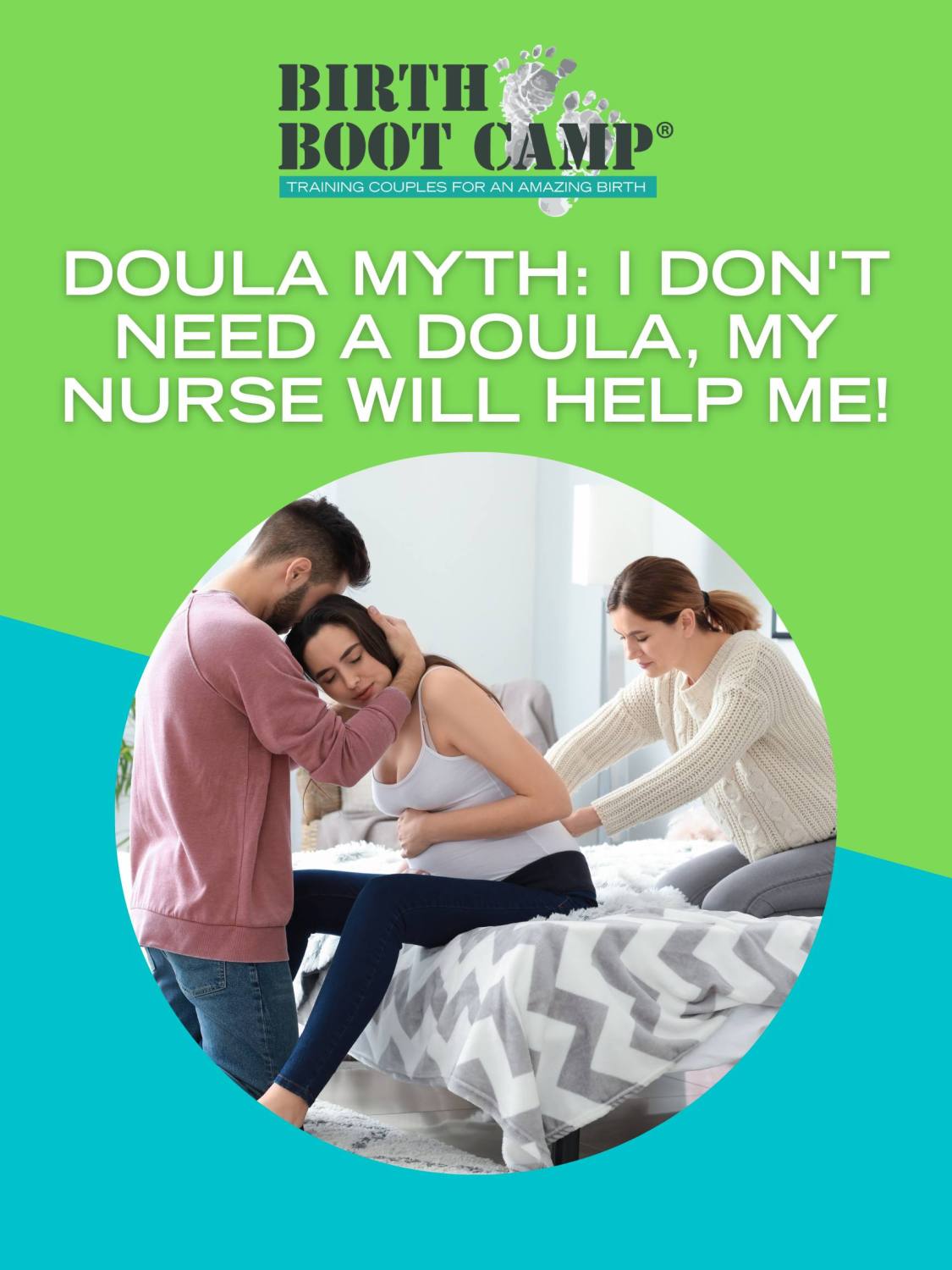
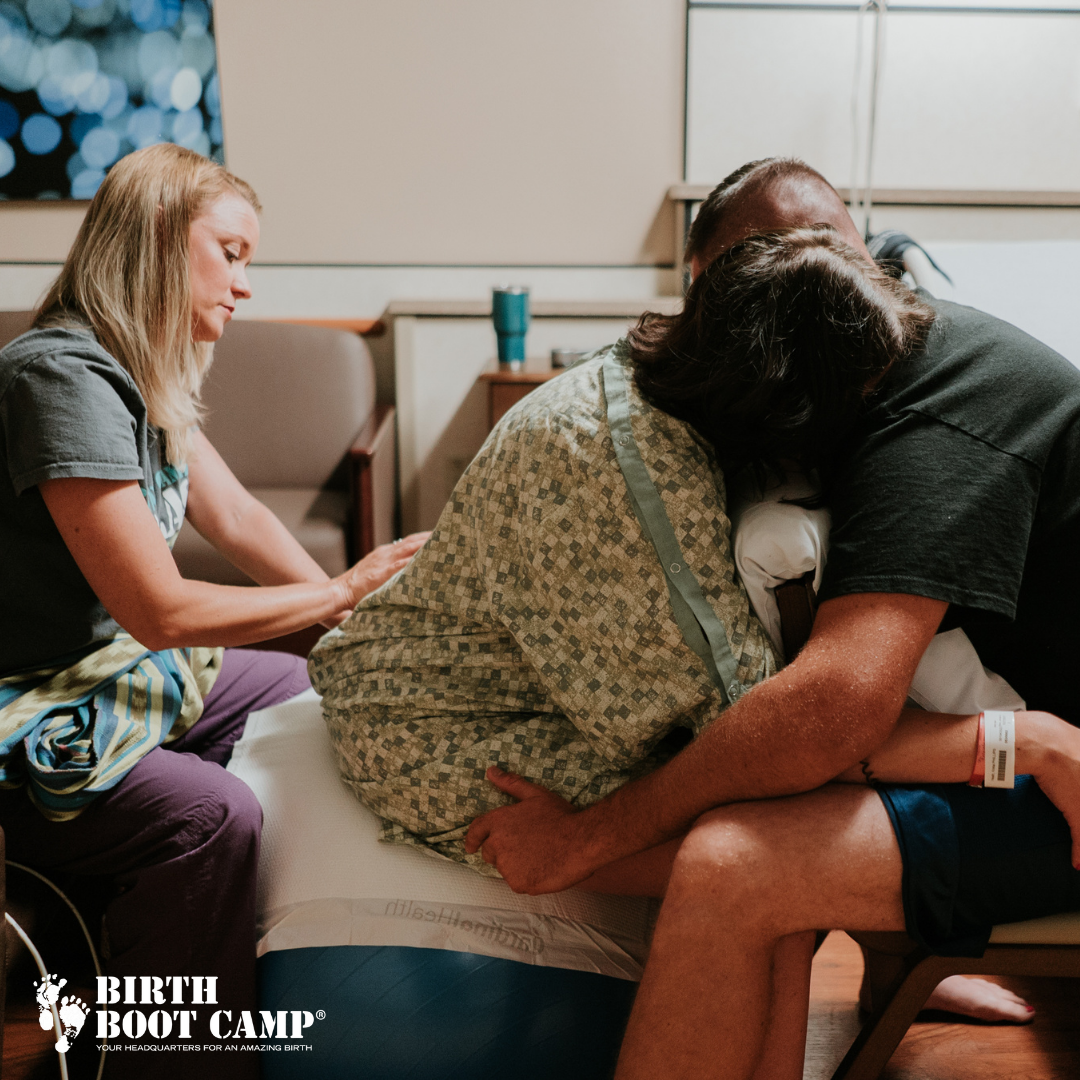

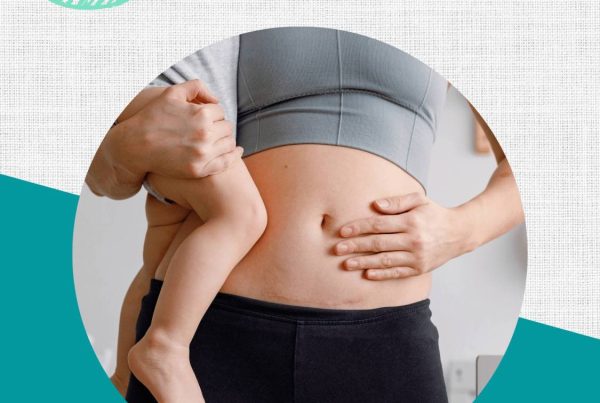

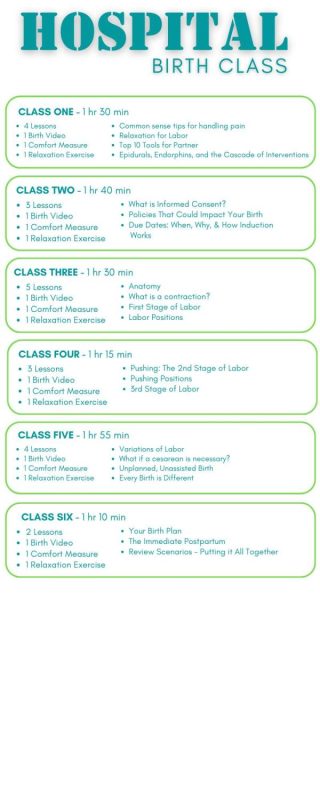
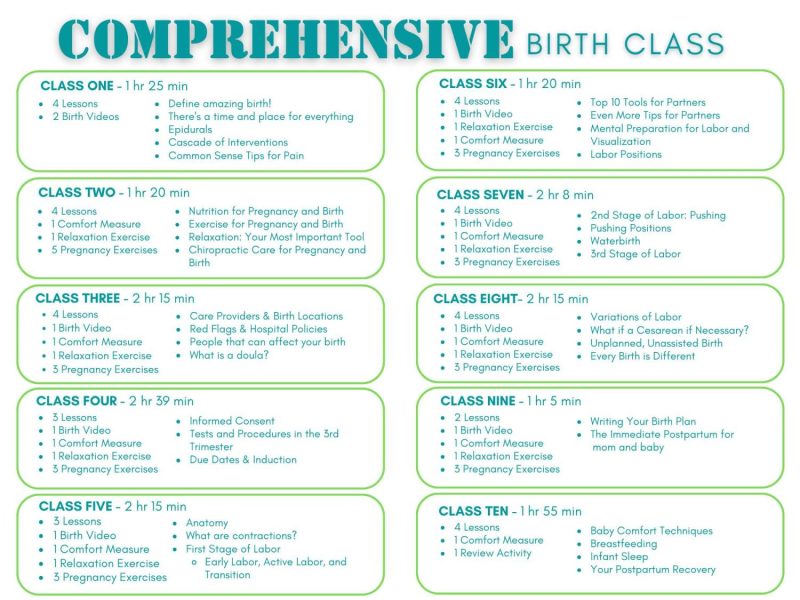


I have been a L&D nurse for over 30 years and I must say, this was the most unbiased and true article I have ever read. I have worked with many Doula’s over the years, some good, some not so good. For the most part I have found Doula’s to be a very helpful, collaborative member of the team. This article does not blame nurses and “modern” practices for increasing the cesarean section rate. Thank you for that. We do not tie down the laboring women or force them to do anything which is many people’s perception. We do try to allow “natural” childbirth but are held by the policies of our institutions and are hindered by staffing, census and patient acuity. Rarely will the nurse only have one patient in a twelve hour shift. She will try everything in her power to assist with her patient’s requests for labor and delivery and a Doula is usually a Godsend to the labor nurse. The bottom line is an informed patient usually has the most satisfying outcome and Doula’s are great informers. Thank you again for this article and sticking up for nurses.